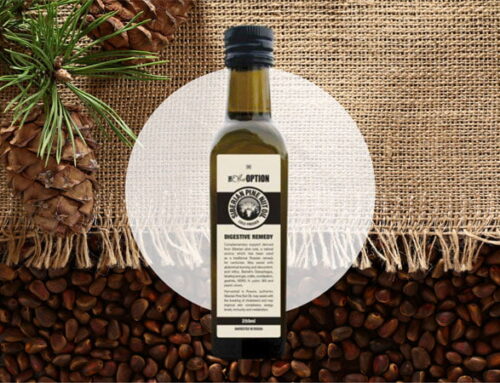Selenium is present within all our cells but it is specifically plentiful in the kidneys, liver, spleen, pancreas and testes. As an antioxidant, selenium is one of our disease-fighting nutrients however selenium is highly depleted in our soils.
Modern biochemistry tells us that trace minerals zinc, manganese, boron, vanadium, molybdenum, strontium, silicon, iron, chromium and selenium (and probably even arsenic) are essential to health. Human biochemistry expects to find them in plant foods. Our digestion adapted to the task of extracting phyto (plant) minerals over the course of millions of years of evolution. And therein lies a problem. These minerals have been depleted in our soils by modern agriculture.

When we understand that selenium is essential to the function of 25 enzymes, we begin to recognize that the element is an excellent candidate for dietary supplementation, especially in those regions where local foods are deficient in selenium. Three of the enzymes that require selenium are glutathione peroxidases that provide essential antioxidant protection to every cell. As an essential component of glutathione peroxidase, an undersupply of Selenium may lead to profound oxidative damage to cell structures.

The element is customarily supplied by grains and vegetables in the diet, but the amount of Selenium found in the plant directly reflects the amount of Selenium in the soil. Broad farming regions of the United States South Africa and China, for example, naturally have little Selenium in the soil. In these regions especially, dietary supplementation has been shown to be of value.

Deficiencies have been linked to a number of diseases including heart disease, cystic fibrosis, fibrocystic breast disease, neurological disorders and cancer, with oxidative damages being an underlying factor in each of them.
As an antioxidant selenium reduces the amount of free radicals in our body which leads to DNA damage. Selenium is part of the Glutathione Peroxidase enzyme which assists with the removal of environmental and dietary toxins.
Selenium helps to protect the body against cancer, viral infections, age-related degenerative diseases. It is critical for the conversion of thyroid hormones from T4 to T3. Selenium supports metabolism, muscle function and efficient working of the heart.
A new technology has been successfully developed with the goal to overcome the inherent low bioavailability of most supplemental (synthetic) minerals. The Indian mustard plant is now hydroponically cultivated in such a way that it hyper-accumulates minerals into natural, organic complexes that the human body may more easily recognise. Unexcelled safety and natural bioavailability are the hallmarks of phyto-minerals such as Super Natural Selenium.
http://www.lifeextension.com/Magazine/2012/SS/Selenium-Protect-Against-Cancer/Page-01






